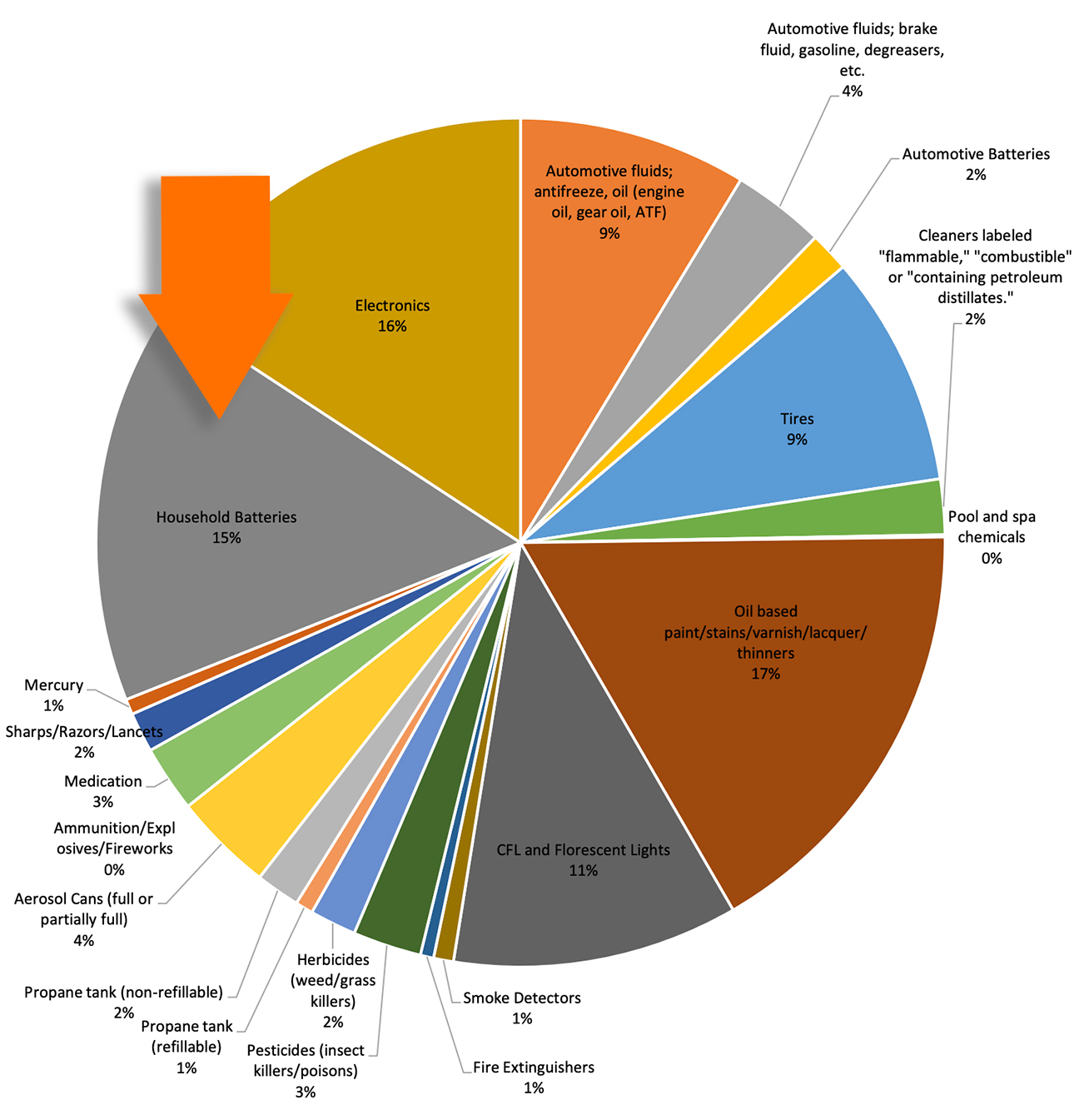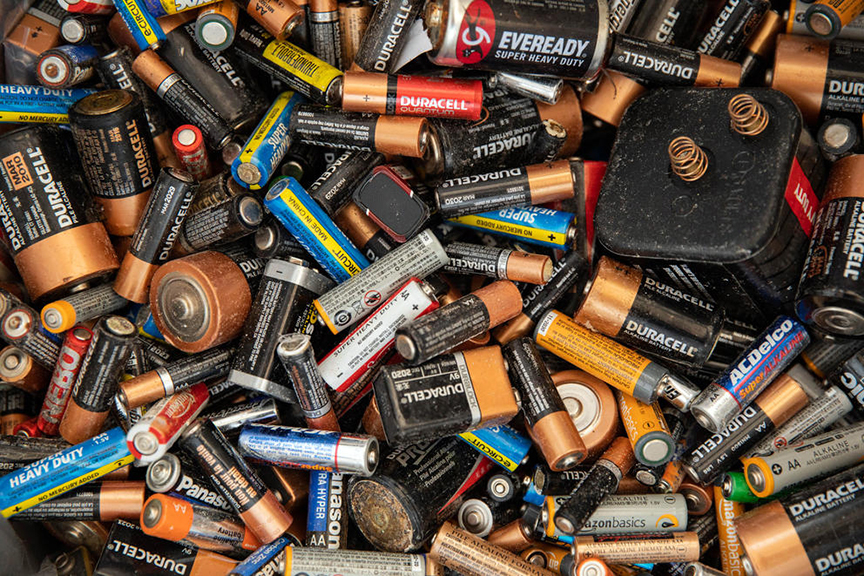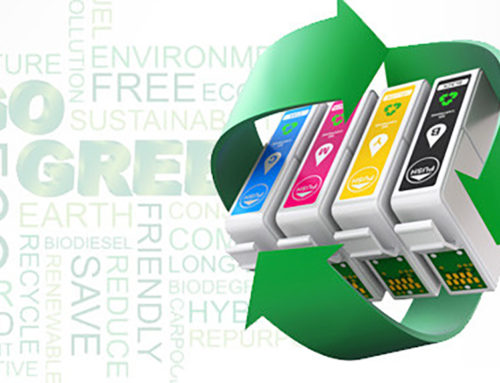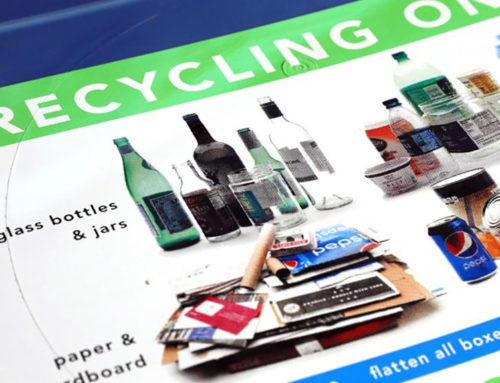As of November 1st, residents of the District of Columbia have a compelling reason to celebrate – the launch of the first battery recycling program in the United States, funded by battery manufacturers. This revolutionary initiative, implemented through a partnership between nonprofit organization Call2Recycle and the D.C. Department of Energy and Environment, marks a significant milestone in the journey towards sustainable battery management. The program is poised to accept both rechargeable and single-use batteries, addressing a pressing need for responsible end-of-life battery disposal.
The significance of this program cannot be understated. The explosive growth of portable devices and the expanding variety of batteries they use have created a dire need for safe and effective battery recycling solutions. Carin Stuart, steward relations manager at Call2Recycle, emphasizes the urgency, saying, “As batteries get larger, and they’re found in more and more devices, the need to safely manage them at the end of life rapidly increases.” This program represents a crucial step towards closing the loop in battery production and consumption, promoting a circular economy and reducing the demand for virgin materials.
Under the new program, residents can drop off rechargeable or single-use batteries weighing under 11 pounds or containing less than 300 watt-hours for lithium-ion batteries. Some batteries may require simple safety measures like taping their ends or placing them in plastic bags. It’s important to note that car batteries and e-bike batteries are excluded from this initiative, although many bike shops in the city offer their own drop-off locations for the latter. The program focuses on what Stuart refers to as “portable batteries” – those that consumers carry, but not necessarily ride on or uninstall.

In the United States, millions of single-use and rechargeable batteries are purchased, used, and either recycled or discarded annually. Many of these batteries contain metals such as mercury, lead, cadmium, nickel, and silver, which can be hazardous to human health and the environment when not disposed of properly. Furthermore, some batteries contain critical minerals like cobalt, lithium, and graphite, which are essential for various industries and have no easy substitutes. Properly recycling and recovering these materials is crucial to ensure their availability for future generations.
The safety implications of battery management cannot be overlooked. Even seemingly spent batteries can pose safety risks, as they may contain residual energy capable of causing injury or igniting fires. It is vital to manage batteries correctly according to their type, chemistry, and manufacturer guidelines. This underscores the importance of adhering to battery and product markings for safety and proper usage.
The introduction of the first U.S. battery recycling program in the District of Columbia is a giant leap towards responsible battery disposal and resource conservation. As our reliance on portable devices and batteries continues to grow, such initiatives are not only environmentally prudent but also essential for public safety. The program’s comprehensive approach to battery recycling, accepting both rechargeable and single-use batteries, sets a promising example for the nation and encourages other regions to follow suit. By taking this step, D.C. paves the way towards a more sustainable and safer future for all.






